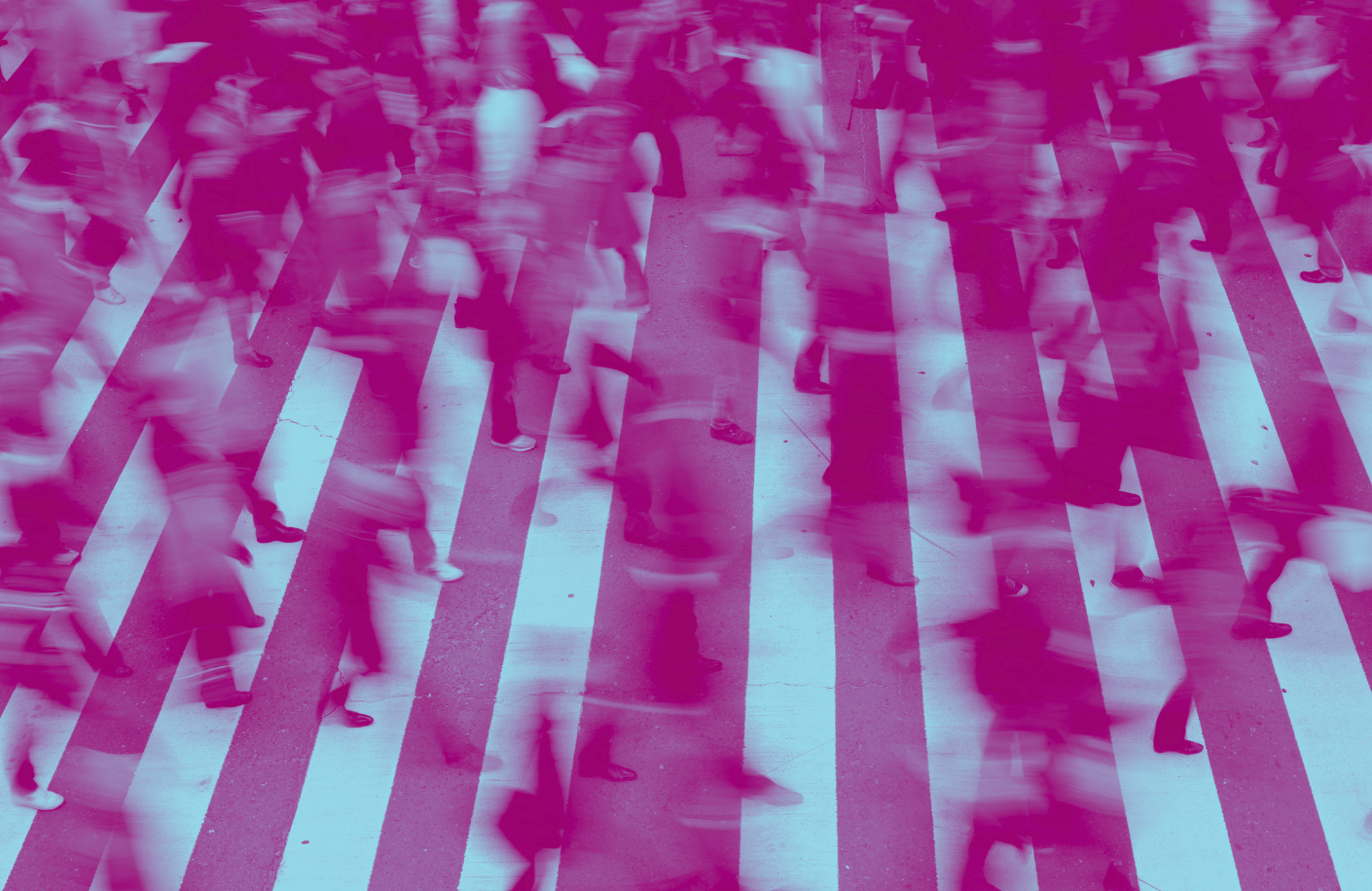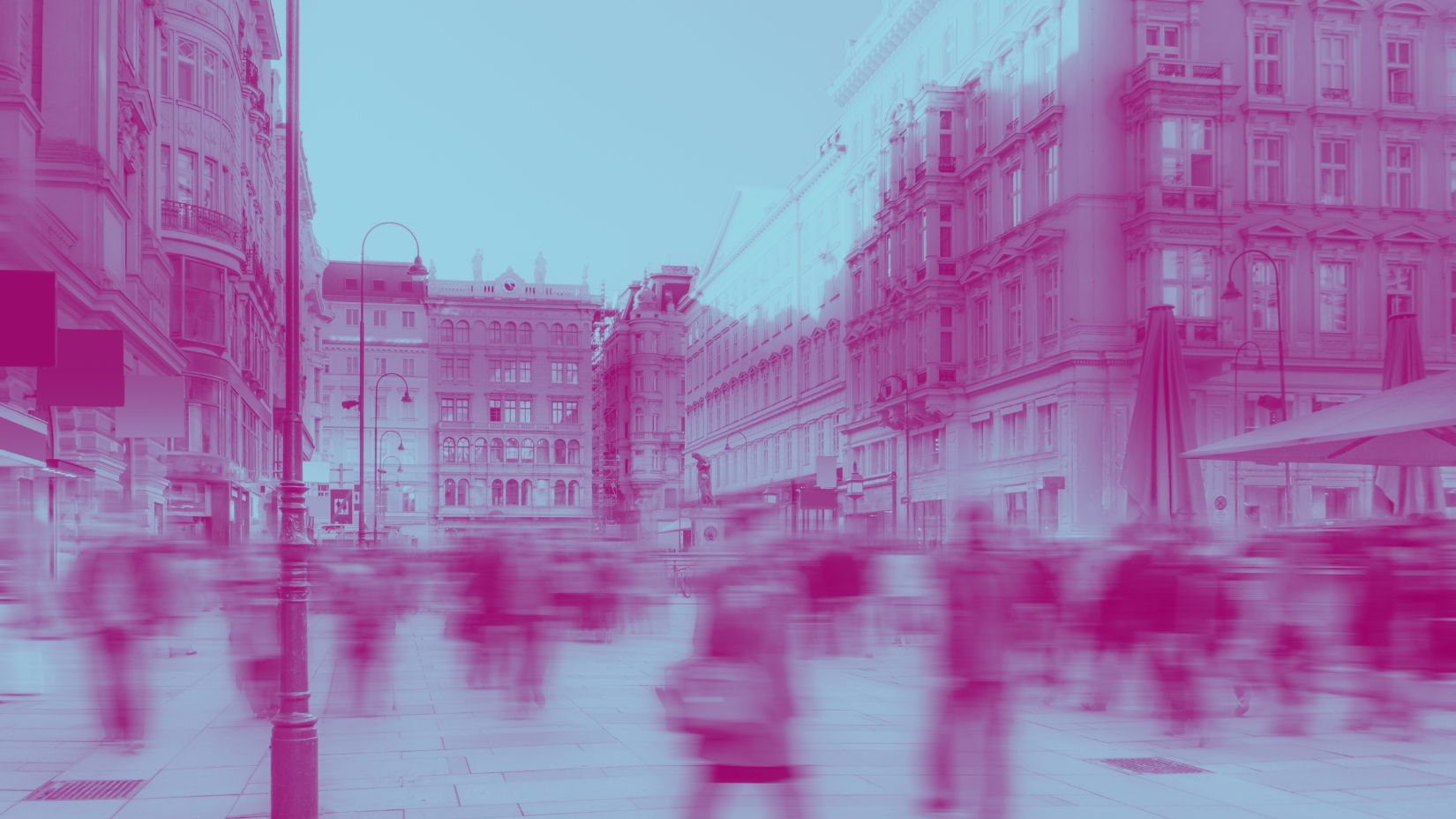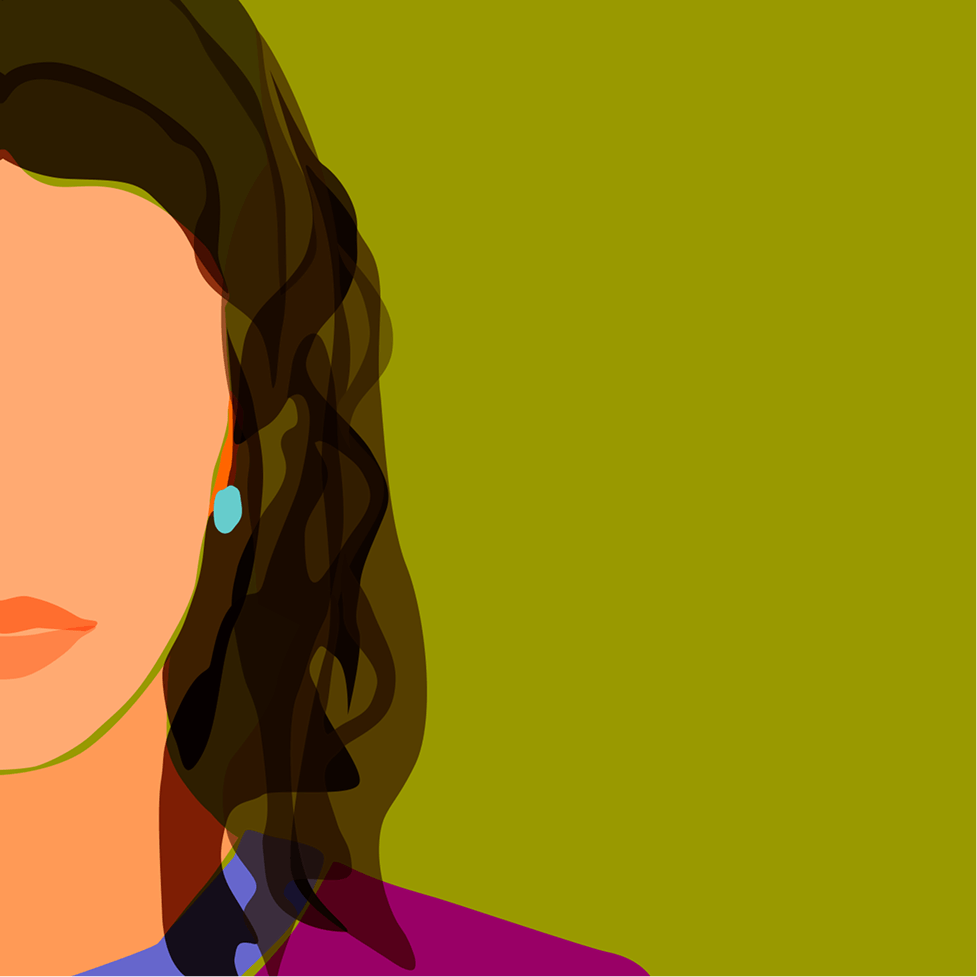
MODERN SLAVERY & HUMAN TRAFFICKING:
THE REALITY
Modern slavery is not a distant issue - it exists here in our own communities, in the businesses we shop at, and on the streets we walk down.
It’s estimated that 122,000 people are living in modern slavery in the UK. Behind these statistics are women who have faced trafficking and exploitation and been stripped of their independence. Survivors face not just physical and psychological trauma but significant barriers, including language barriers, digital exclusion, isolation, and poverty.
Modern slavery includes, but isn’t limited to:
Human Trafficking
The movement of a person by means of force, fraud, or coercion for the purpose of exploitation.
Forced Labour
Any type of work or service which is exacted from any person under the menace of any penalty and for which the person has not offered themselves voluntarily.
Sexual Exploitation
Sexual abuse in which someone is forced, manipulated, or coerced to participate in sexual activities that benefit or profit another.
Domestic Servitude
Forced labour within private homes in which someone is forced to do domestic work such as cooking, cleaning, and childcare.
Debt Bondage
Criminal Exploitation
When someone is forced, manipulated, or coerced into committing crimes for the profit or benefit of another. One common form of this is county lines.

MODERN SLAVERY IS CLOSER THAN YOU THINK…
$150b
Generated through organised crime
50m
People in modern slavery worldwide
122,000
People in the UK in modern slavery
Modern Slavery And Human Trafficking Resources:
If you need help or suspect someone is a potential victim of modern slavery and human trafficking, help is available through the following resources:
24-hour confidential
referral helpline
0300 3038151
Modern Slavery Helpline
08000 121 700
Crimestoppers
0800 555 111



